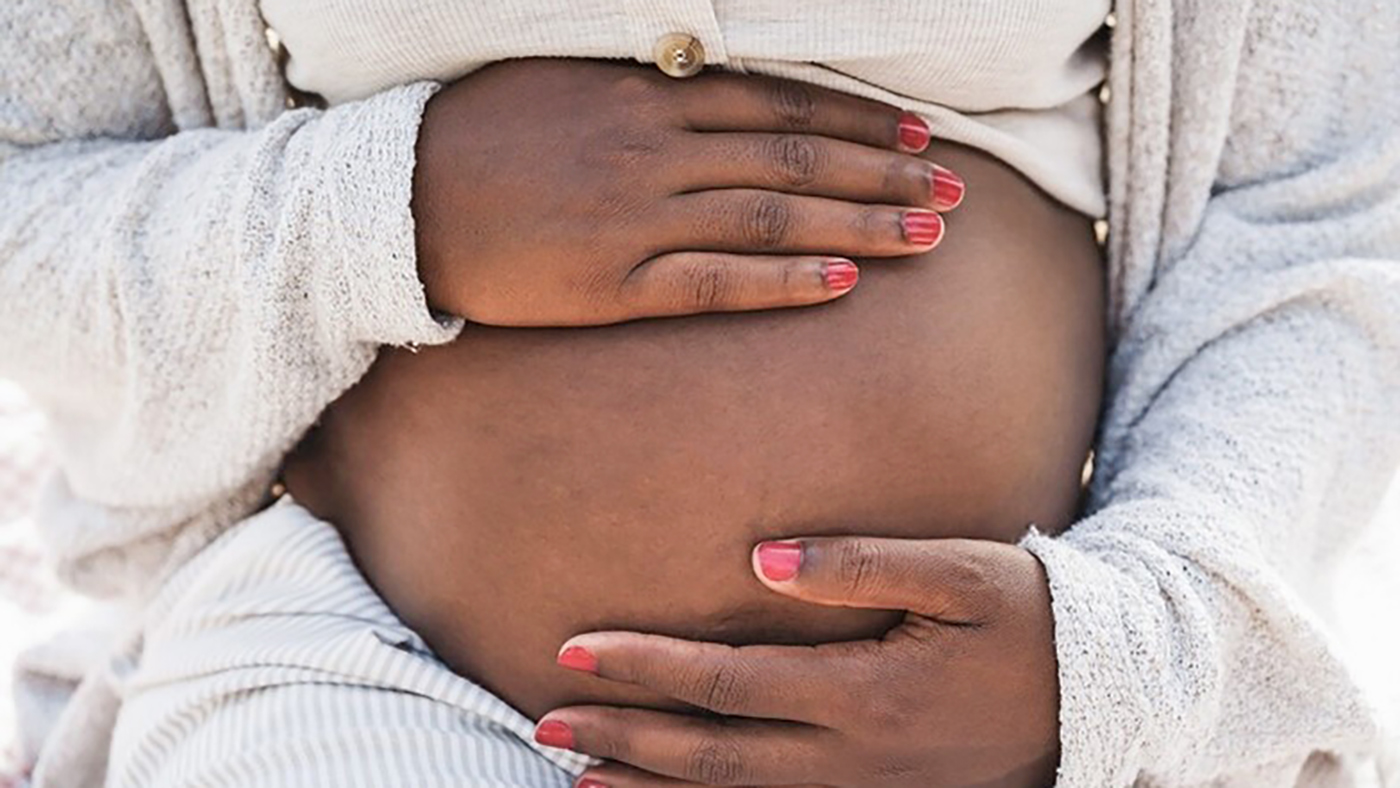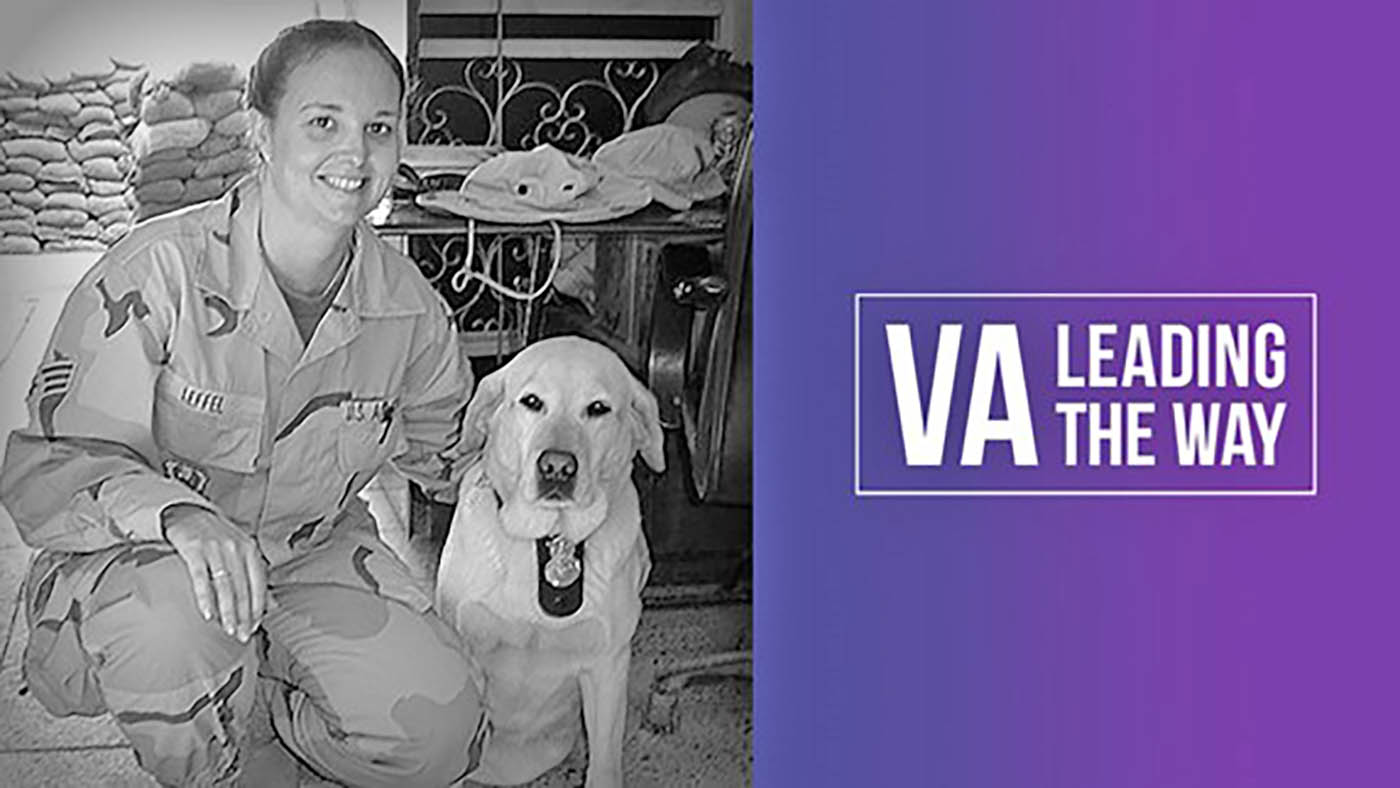Pregnancy is an exciting time. However, women may feel confused about what to eat, what to avoid, and how to achieve a safe and healthy pregnancy.
Women may receive handouts from a doctor about which foods to avoid in pregnancy. Here’s what foods women should eat to nourish for their bodies and growing babies.
Healthy Fats
While fat has received a bad reputation over the years, not all fat is “bad.” Many sources of healthy fats are encouraged during pregnancy, including avocados, olive oil, and nuts. Healthy fats help bodies absorb more vitamins, play a key role in producing hormones (for women and their babies), and balance blood sugar levels. Grab a handful of mixed nuts for a satisfying snack!
Seafood
It is safe, and even recommended, to enjoy low-mercury sources of seafood throughout pregnancy. Cold-water fish are particularly beneficial to eat during pregnancy thanks to high levels of a brain-boosting omega-3 fat called DHA. This fat is required for a baby’s brain development. Some examples of low-mercury fish that are also high in DHA include salmon, anchovies, sardines, herring, and Atlantic mackerel. The U.S. Food and Drug Administration (FDA) now recommends 2 to 3 servings of fish per week during pregnancy. For more information, refer to this FDA resource.
Leafy Green Vegetables
Leafy green vegetables – like spinach, arugula, kale, and romaine lettuce – are high in a B-vitamin called folate. This vitamin is crucial for a baby’s spinal cord development, especially during the first few weeks of pregnancy. In addition to eating lots of leafy greens, women should take a prenatal vitamin with 600 mcg of folate (ideally even before conception).
Leafy greens also provide other key nutrients, including vitamin B6 and magnesium. Women should aim to eat at least one cup of leafy green vegetables per day.
Eggs
Eggs are rich in many important nutrients for pregnancy. For example, two eggs provide over 65% of daily choline requirement. Choline is an essential nutrient that helps a baby’s brain development. Plus, eggs are a great source of protein. Some experts recommend against eating eggs with runny yolks due to a risk of salmonella (a food-borne illness). Cook egg yolks fully or talk with an OB/GYN for more information.
Maintain a healthy lifestyle
This includes exercise (as tolerated/approved by a doctor), drinking enough water, and avoiding alcohol and tobacco. Women may experience some nausea (i.e. “morning sickness”) throughout pregnancy, especially during the first trimester. To reduce nausea, aim to eat small, frequent meals containing quick-absorbing carbohydrates – like crackers, fruit, smoothies, and toast. Ginger chews or lozenges may also help between meals. Check with a OB/GYN for more suggestions on reducing nausea.
Community resources, like the Women, Infants, and Children’s (WIC) program, provide financial assistance for purchasing food and breastfeeding supplies for pregnant women. Contact a local health department WIC clinic to learn more.
A registered dietitian (RD) can help women achieve a healthy diet and lifestyle during pregnancy. Meeting with an RD is also helpful for information about preventing or managing pregnancy complications such as pre-eclampsia and/or gestational diabetes. Veterans should contact their local VA to chat with a local VA RD.

Topics in this story
More Stories
VA is committed to providing safe, accessible care that meets the unique challenges faced by black mothers.
Women Veterans are the fastest-growing Veteran population and VA has evolved its care to meet their needs.
March is Women’s History Month, a time to celebrate and […]






